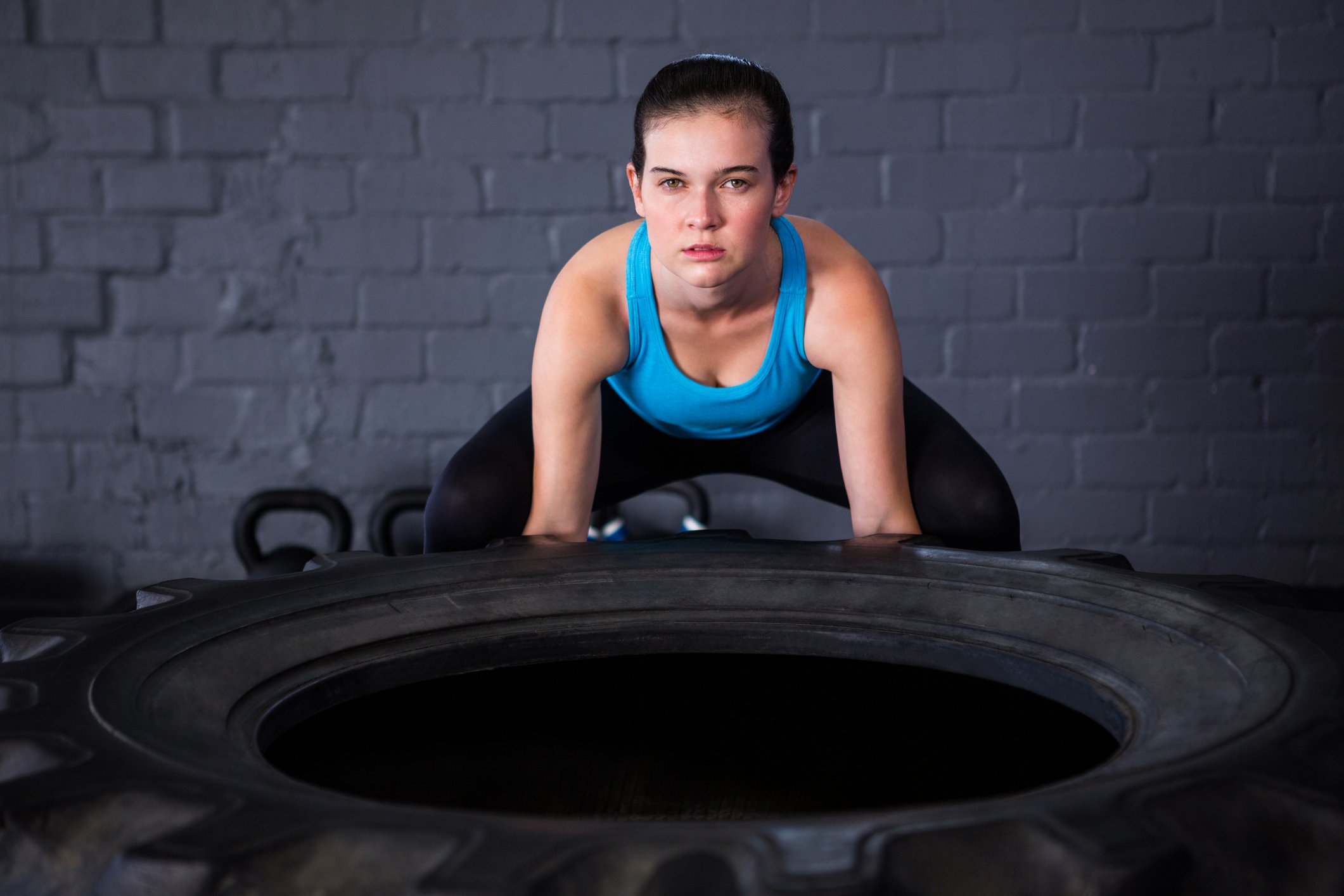How to Know If You’re ‘Fit’ as a Teen
Introduction
Fitness isn’t just about having abs or being able to run a mile without stopping. As a teenager, being fit means having the strength, energy, and mental balance to live your life fully—whether you're playing sports, handling stress at school, or just keeping up with friends.
But how can you actually tell if you're fit? And what if you're not sure where you stand?
This guide will help you understand what fitness looks like for teens, how to assess your own health, and what steps to take if you want to improve.
What Does “Fitness” Really Mean for Teens?
When people talk about fitness, most imagine gym workouts or sports. But for teens, true fitness covers three core areas:
Physical fitness – strength, endurance, flexibility, and healthy body function.
Mental fitness – emotional resilience, focus, and a healthy mindset.
Lifestyle health – sleep, nutrition, and the ability to manage stress.
Being “fit” means functioning well in all of these areas—not being perfect, but feeling strong, healthy, and balanced most of the time.
“Teen fitness isn’t about appearance—it’s about energy, confidence, and resilience. A healthy teen feels strong in their body and calm in their mind.”
Signs You’re Physically Fit
You don’t need to be a track star to be physically healthy. Here are some everyday signs you’re in good shape:
You can walk or cycle for 20+ minutes without feeling exhausted.
You sleep well most nights and wake up with energy.
You rarely get sick, and you bounce back quickly when you do.
You have good posture and can move your body without pain or stiffness.
You can lift, carry, or climb stairs without getting winded.
Quick Test: Can you do 10 push-ups, 20 squats, and a 1-minute wall sit without collapsing? If so, you’re doing well!
Are You Mentally Fit Too?
Your mind is part of your fitness. Being mentally fit means:
You can handle stress without totally shutting down.
You bounce back from tough days or bad moods.
You stay focused at school, even when it’s boring.
You have goals and make time for things you care about.
You can express your emotions and ask for help when needed.
Everyone struggles sometimes—but if your emotional health feels mostly stable, that’s a huge part of overall fitness.
How to Assess Your Fitness Levels
Not sure where you stand? A simple self-check can help you reflect on how fit and healthy you feel—physically, mentally, and emotionally. Ask yourself the following questions and rate each on a scale from 1 to 5, where 1 = not at all true and 5 = very true:
I feel energised during the day – Do you wake up with energy and stay alert without relying too much on caffeine or naps?
I can do basic bodyweight exercises easily – Can you do movements like squats, push-ups, or planks without too much difficulty?
I sleep 7–9 hours and wake up refreshed – Are you getting enough quality sleep most nights?
I manage stress and emotions well – When life gets overwhelming, do you handle it in a healthy way without spiraling or shutting down?
I feel positive and confident most days – Do you feel good about yourself and your future, even when things are tough?
I eat regular meals and drink enough water – Are you fuelling your body with nutritious food and staying hydrated?
I’m active for at least 30 minutes most days – Whether it’s walking, dancing, biking, or sports, are you moving regularly?
Once you've rated all seven, add up your score. Here's what it means:
28–35 points: You're thriving! You’re likely in a strong place physically and mentally.
20–27 points: You’re doing well, but there may be a few areas to work on.
Below 20 points: That’s okay—think of this as a starting point. Small, consistent changes can lead to big improvements.
Use this self-check as a personal benchmark. Fitness isn’t about being perfect—it’s about noticing where you are now and taking steps to improve.
When to Ask for Help or Advice
If you’re:
Always tired or sick
Frequently anxious or overwhelmed
Struggling to eat well or sleep regularly
Feeling down for more than 2 weeks straight
…it’s time to talk to someone—like a parent, school counselor, GP, or mental health professional. Fitness isn’t just physical—it’s emotional, too.
How to Improve Your Overall Fitness
You don’t need a full-body transformation to be healthy. Here are 7 teen-friendly steps to boost your fitness:
Move daily – Walk, dance, skate, cycle—just be active.
Strength train – Use your body weight to build power.
Eat real food – Fruits, veggies, protein, and whole grains.
Sleep enough – Aim for 8–10 hours per night.
Cut back on screen time – Especially before bed.
Manage stress – Try journaling, mindfulness, or music.
Talk it out – Don’t bottle things up. Speak to someone you trust.
Final Thought
Being “fit” as a teen isn’t about perfection or six-packs. It’s about feeling strong, sleeping well, staying focused, and having energy to enjoy your life.
If you’re not quite there yet—don’t worry. You don’t need to change everything at once. Start small, stay consistent, and remember: your health is worth it.
FAQ’s
-
The NHS recommends at least 60 minutes of moderate to vigorous activity each day for teens. This can include walking, sports, or active games.
-
Yes! Fitness comes from consistent movement, not just organised sports. Walking, dancing, yoga, biking, or strength training at home all count.
-
Absolutely. Mental and emotional health affects everything—from how you sleep to how you move. Being “fit” means being balanced, not just buff.
-
Fitness is more than appearance. Focus on what your body can do—run, jump, dance, lift. With time, confidence will follow.
-
There’s no single “ideal” weight. Everyone grows at different rates. Speak with a GP or nurse if you’re unsure about your weight or body changes.












